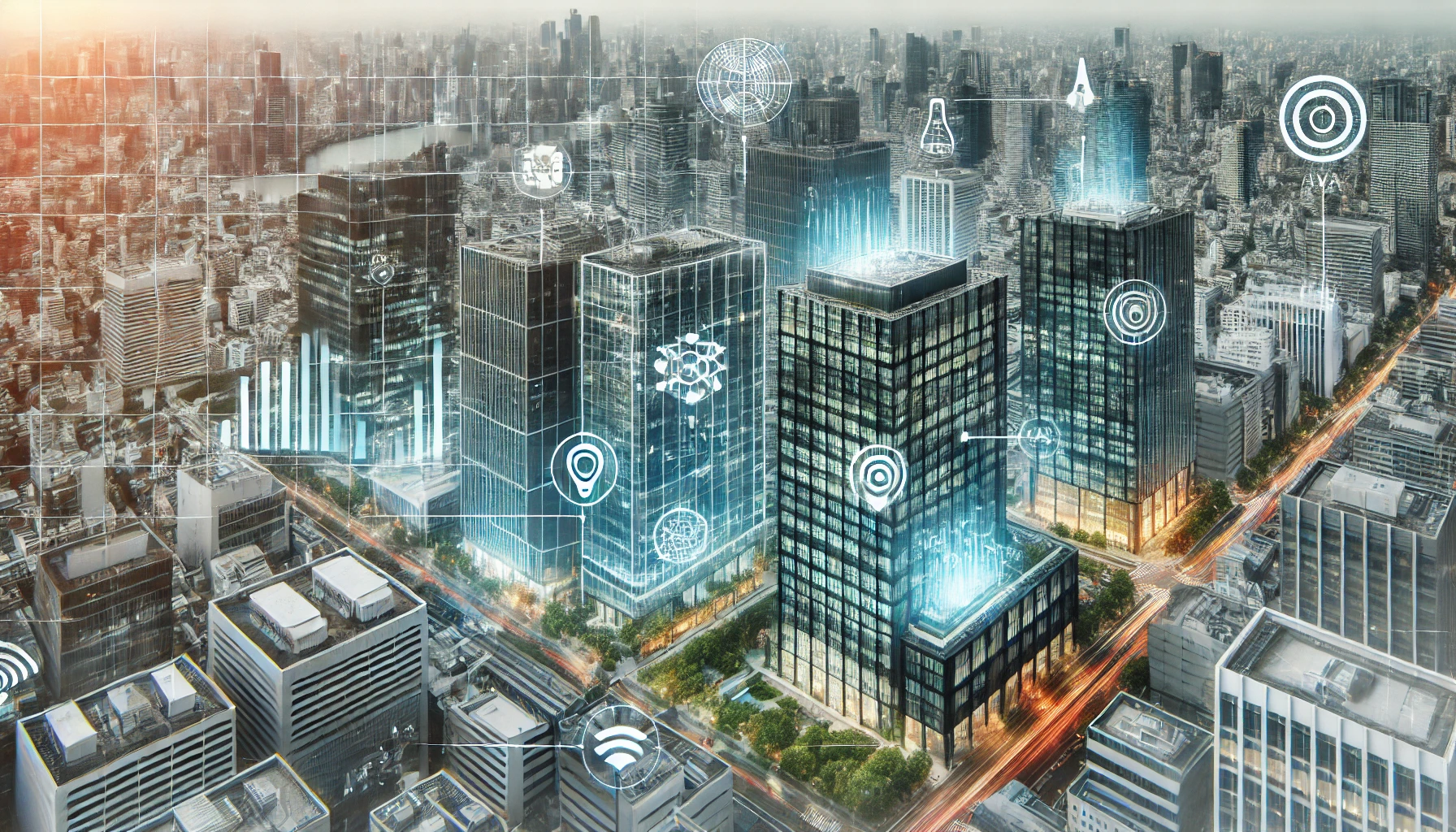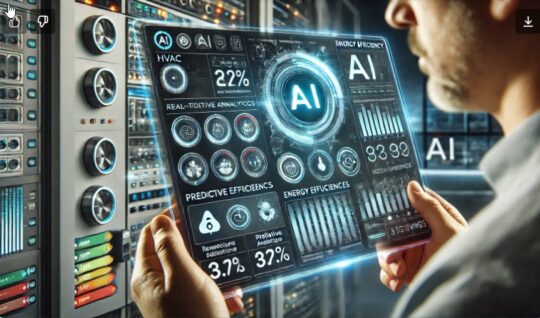AI-Powered HVAC

Buildings consume a significant portion of global energy, with heating and lighting alone accounting for 18% of total consumption. A major contributor to this inefficiency is outdated HVAC systems, which struggle to adjust to changing weather conditions, leading to energy waste. AI is emerging as a potential solution, with some experts arguing that it can help optimize energy use in large buildings. A recent study suggests AI integration could reduce energy consumption and carbon emissions by 8% or more.
An example of this in practice is a 32-story office building in Manhattan, where an AI-driven HVAC system was implemented to comply with New York City’s strict emissions regulations. The AI monitors factors like temperature, humidity, wind speed, and occupancy, making real-time adjustments to optimize energy use. This approach allows the system to anticipate weather changes, adjusting heating and cooling dynamically. The results have been promising, with a reported 15.8% reduction in HVAC-related energy consumption, saving over $42,000 and cutting 37 metric tons of carbon emissions in just 11 months.
The company behind this AI system has deployed similar technology in thousands of buildings worldwide, from small retail stores to major commercial properties. The introduction of AI-powered assistants also enables facility managers to control HVAC systems via text or voice commands, making energy management more efficient and accessible.
Scientific research supports the potential of AI in improving building efficiency. A study from a California-based research lab estimates AI-enhanced HVAC systems could lower energy use and emissions by up to 19%, with even greater reductions if combined with policy measures. AI could also enhance grid resilience by shifting energy usage based on demand and pricing fluctuations. Other global initiatives, such as AI-managed HVAC systems in Stockholm schools and predictive AI for HVAC efficiency in the U.S., have demonstrated measurable energy savings.
Despite its promise, AI-driven energy efficiency faces challenges, including concerns over data privacy and safety. Additionally, the AI industry itself is a major energy consumer, with growing concerns about the environmental impact of data centers. While AI’s energy footprint continues to rise, advocates believe its long-term benefits in reducing emissions and optimizing energy use will outweigh its drawbacks.







